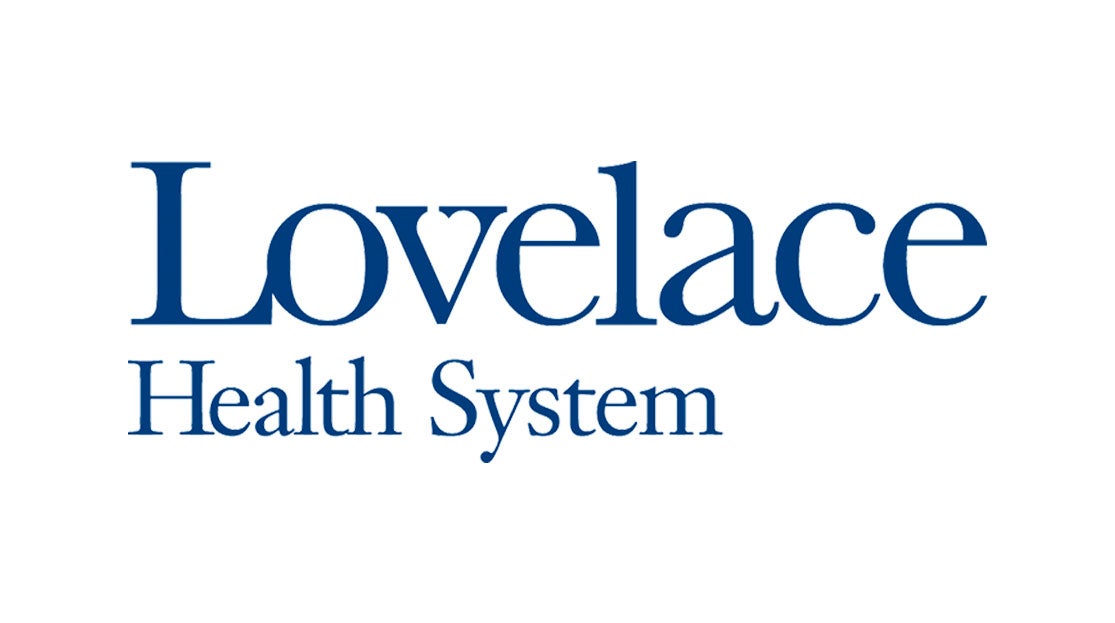
From more gatherings to more food and drinks than usual, Thanksgiving to New Year’s Day is the time of year, which can be particularly harmful to your health. Shorter days mean we are less likely to exercise, and booked social calendars mean we are more likely to indulge. That simple equation can lead to a condition coined "Holiday Heart Syndrome", and it isn’t as cheerful as it sounds.
The term Holiday Heart Syndrome was first used in 1987 to describe a study of patients who ended up in the Emergency Room with Atrial Fibrillation. They were otherwise healthy people who had overindulged on alcohol during the holidays. The condition can make people experience heart palpitations, shortness of breath, discomfort in their chest and even stroke or heart failure.
For most patients coming to the ER with symptoms of Holiday Heart Syndrome, an IV to restore hydration will resolve most of the rapid or irregular heartbeats. If a patient's heart rate continues to exceed 120 beats per minute, medication therapy is required to bring their heart rhythm back to normal.
Behold Your Heart
The best way to help prevent going to the ER with a racing heart is to be aware of triggers and have a plan. Excessive alcohol consumption is a driving factor for Holiday Heart Syndrome. Along with drinking, eating too much can put additional pressure on your heart and send it into AFib. Coupled with less sleep and exercise, you are putting your heart in a bad position. Follow these tips to keep your healthy heart healthy this holiday:
*Be aware of how much you are really drinking.
*Do not fill up a half-empty glass.
*Drink a glass of water in between alcoholic drinks.
*Add sprite to white wine to decrease the alcohol content.
*Set a limit to the number of drinks and stick with it.
*Avoid drinks that mix alcohol and energy drinks.
*Eat smaller meals instead of one large meal.
*Make sure your plate has a variety of colors – not all starchy whites and yellows.
*Do not stand by the buffet table to eat. Find a seat and eat only what you have on your plate.
*Do not go more than 2 days without exercising.
*Lower your expectations for each workout. Limit the time and duration and you are more likely to go ahead and workout instead of skipping.
*Stay as close to your regular sleep routine as possible. Sleeping in on the weekends does not make up for staying up late throughout the week.




